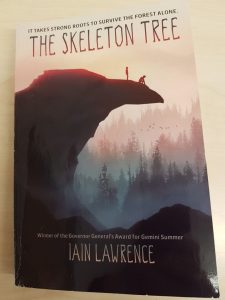Independent Project Reflection, Due June 15th
In your e-port, please answer the following questions by June 15th, please. You will need to wait to answer questions 5-7 until after we present on June 12th.
TITLE: Independent Project Reflection
QUESTIONS:
- Why did you choose this topic for independent project?
- What are some questions you asked as you did research and what categories were they in?
- What did you choose to do for primary research? How did it go?
- What did you choose to do for your presentation?
- After presentation day, how did your presentation go when speaking with the public about your topic?
- What are you most proud of from this project?
- What would you do differently for next year when doing independent research?

